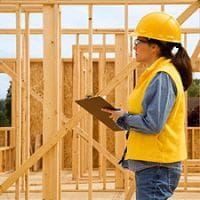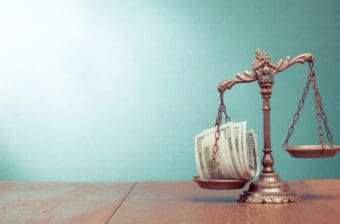The Problem
The housing bubble and the subprime mortgage crises have highlighted a range of problems in the housing finance system, from systemic market failures around housing prices to the credit crunch. Taken together, these phenomena make it more difficult for families to buy homes, lower the homeownership rate, and cause housing pricing cycles to be exacerbated. These weaknesses in the U.S. housing market are causing negative ripple effects throughout the national economy.
The Proposal
Shared appreciation mortgages (SAMs) are deferred-payment loans wherein a portion of the mortgage’s monthly payments are replaced with a lump-sum payment at the loan’s end. The introduction of SAMs and corresponding tax reforms would help to encourage new home buying. Essentially, if a home price rises, the borrower shares a percentage of the appreciation with the lender; if a home’s price falls, the borrower pays only the amount of the loan. SAMs would enhance affordability by reducing monthly payments and more effectively spreading risk between the borrower and the lender, aiding in greater renegotiation of mortgages to avoid foreclosures.
Abstract
If current trends continue, today’s default crisis will soon be followed by an affordability crisis as an ever-increasing number of American households find themselves locked out of credit and unable to transition to homeownership. This reduction in homeownership will eventually create pressure to re-extend credit to marginal borrowers, in turn boosting house prices. As house prices rise, banks will likely relax lending standards even further. At some point, this credit extension will end as house prices stagnate or crash, just as they did in the current crisis. In short, the recent boom-bust cycle will repeat itself unless something is done to fundamentally change the structure of the mortgage market.
We argue that there is a simple way to prevent this dire scenario of boom-and-bust cycles from unfolding. Specifically, we argue that development of shared appreciation mortgage (SAM) markets in the United States would moderate the impending decline in homeownership and lower the risk of future housing crashes. SAMs can increase the affordability of homeownership by reducing the amount of monthly payments and spreading risk more broadly between borrower and lender. We present SAMs as both the obvious workout vehicles in the current default crisis and a vital part of the housing finance system that should be available at any time to interested homebuyers.
Despite their high potential, tax barriers effectively prevent the development of SAM markets in the United States. We propose changing the tax treatment in a manner that would facilitate development of SAM markets through purely regulatory means, rather than more complicated legislative means. With this creative regulatory response, current disasters may at least serve the role of fomenting the birth of beneficial SAM markets.




